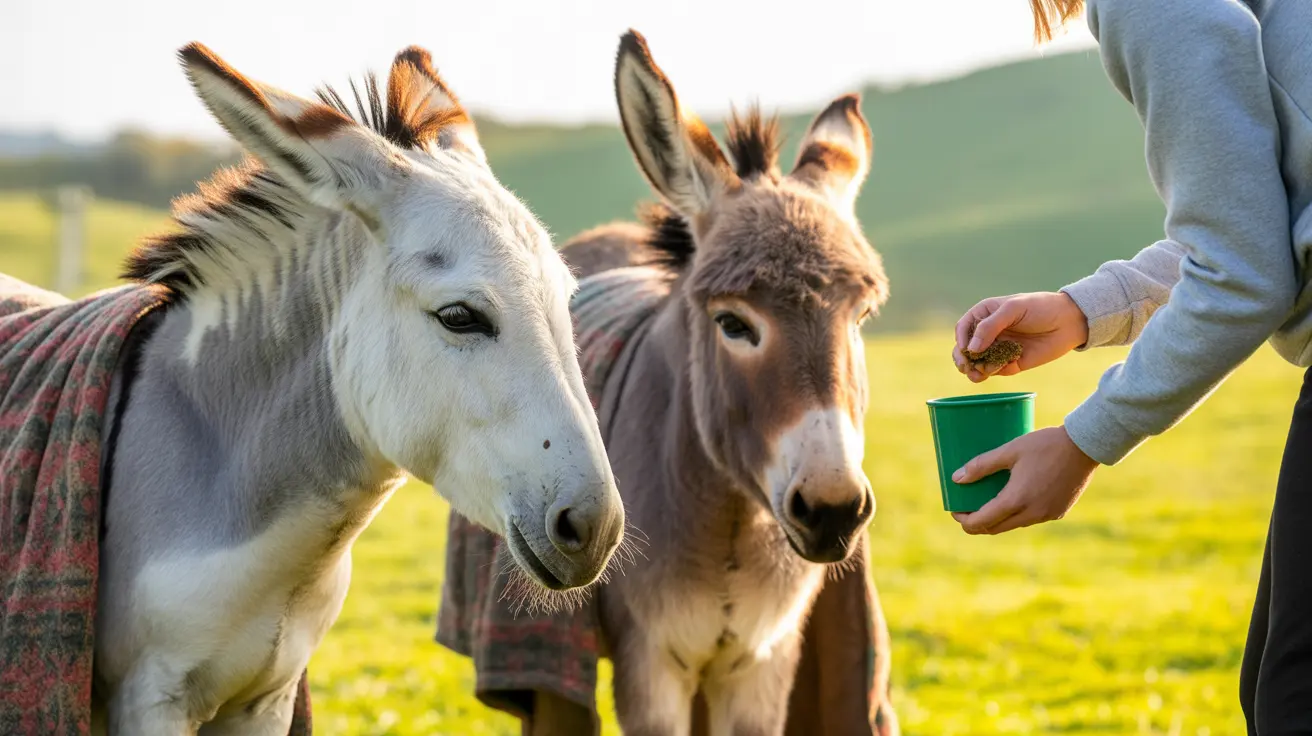Understanding the Risks of Vanilla Wafers for Dogs
Vanilla wafers contain several ingredients that can be problematic for dogs, including refined sugar, artificial flavors, and high-fat content. While one or two wafers likely won't cause serious harm to a healthy dog, regular consumption can lead to various health issues.
Key Ingredients and Their Effects
The main ingredients in vanilla wafers that raise concerns include:
- Refined sugar and corn syrup (can lead to obesity and diabetes)
- Enriched flour (provides empty calories)
- Hydrogenated oils (may contribute to pancreatitis)
- Artificial flavors and preservatives (potential digestive upset)
Potential Health Consequences
Regular consumption of vanilla wafers can lead to several health problems in dogs:
- Weight gain and obesity
- Dental problems
- Digestive issues
- Blood sugar fluctuations
- Increased risk of diabetes
- Potential pancreatitis in sensitive dogs
What to Do If Your Dog Eats Vanilla Wafers
If your dog has consumed a few vanilla wafers, don't panic. Monitor them for any unusual symptoms such as:
- Vomiting or diarrhea
- Lethargy
- Loss of appetite
- Excessive thirst
- Unusual behavior
Contact your veterinarian if you notice any concerning symptoms or if your dog has eaten a large quantity of wafers.
Healthier Alternatives to Vanilla Wafers
Instead of sharing vanilla wafers with your dog, consider these nutritious alternatives:
- Small pieces of fresh apple (without seeds)
- Baby carrots
- Green beans
- Commercial dog treats formulated for canines
- Plain, unsweetened dog biscuits
Special Considerations
Be especially careful with sugar-free vanilla wafers, as they may contain xylitol, which is extremely toxic to dogs. Even small amounts of xylitol can cause dangerous drops in blood sugar and potential liver failure.
Frequently Asked Questions
Can dogs safely eat Nilla Wafers or other vanilla wafers?
While not immediately toxic, vanilla wafers are not safe for regular consumption by dogs. They contain high amounts of sugar, fats, and processed ingredients that can lead to health problems over time.
What health risks do vanilla wafers pose to dogs if eaten regularly?
Regular consumption of vanilla wafers can lead to obesity, diabetes, dental problems, and digestive issues. The high sugar and fat content can also contribute to pancreatitis in some dogs.
What should I do if my dog accidentally eats several vanilla wafers?
Monitor your dog for signs of digestive upset. If they've eaten a large quantity or show concerning symptoms, contact your veterinarian. Most dogs will be fine after eating a few wafers, but it's best to prevent future access.
Are sugar-free or xylitol-containing vanilla wafers toxic to dogs?
Yes, sugar-free vanilla wafers containing xylitol are extremely dangerous for dogs. Xylitol can cause rapid blood sugar drops and liver failure. If your dog consumes any xylitol-containing products, seek immediate veterinary care.
What are healthier treat alternatives to vanilla wafers for dogs?
Better alternatives include fresh fruits like apple slices (no seeds), carrots, green beans, or commercial dog treats specifically formulated for canines. These options provide better nutrition without the risks associated with sugary human snacks.
Conclusion
While your dog might survive eating a vanilla wafer or two, it's best to keep these sweet treats for human consumption only. Focus on providing your pet with nutritious, dog-appropriate treats that will contribute to their health and wellbeing rather than potentially harm it.






